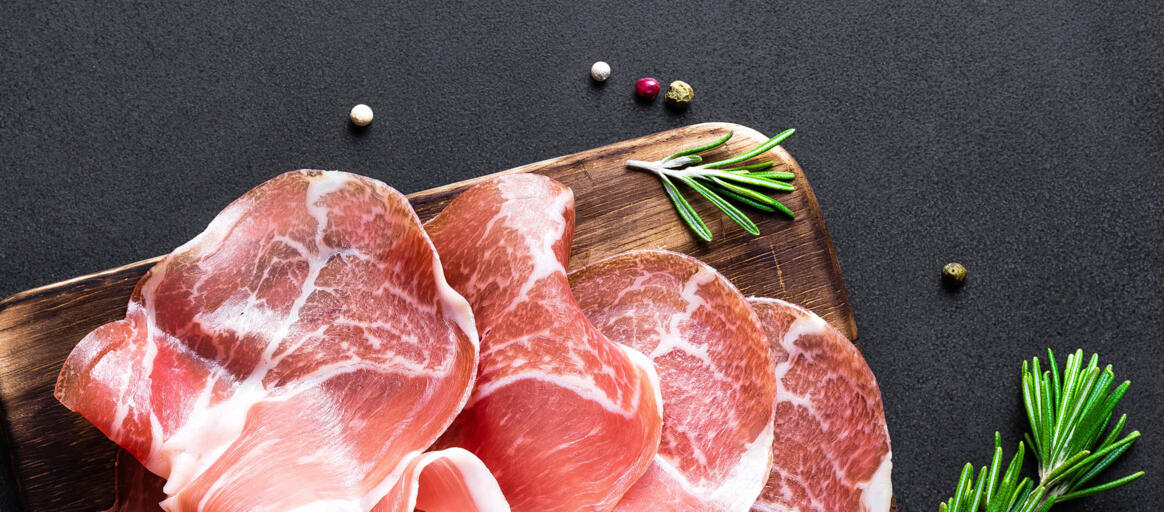Preventing botulism with pickling salt
Salt has been used as a preserving agent since times immemorial. And even though we will much sooner store food in the freezer rather than brining it these days, salt continues to play a key role in ensuring foodstuffs keep for longer. Meats for instance will keep for longer if pickling salt is added. More so: pickling salt also acts to prevent food poisoning.

Thankfully the risk of contracting botulism is rather slim these days, courtesy of the addition of pickling salt to smoked cold meats and other prepared meats.
What is botulism?
Botulism is a serious neurological disease which in essence is a form of food poisoning, caused by the botulinum toxin protein. This protein cripples the nervous system, with everything this entails: blurred vision, giddiness, difficulties swallowing, a dry mouth, symptoms of paralysis, etc.
Foodborne botulism is caused by the intake of poorly processed foods, often vacuum-packed products such as tinned foods, sauces and traditionally smoked comestibles. The problem with these foodstuffs is that you can neither smell nor see that it has gone off, which means you are simply not aware that you have eaten contaminated food.
What is pickling salt?
Pickling salt consists of salt and sodium nitrite (NaNO2). It is also referred to as E250. Getting the doses right is key in the way pickling salt is made.
Pickling salt prevents botulism
Thankfully the risk of contracting botulism is rather slim these days, courtesy of the addition of pickling salt to smoked cold meats and other prepared meats. The pickling salt prevents traces of the harmful botulinum toxin from developing.
In addition, the salt is also added to allow the meat to keep its taste and colour. If not, there is every chance it will go grey and start looking rather unappetising in no time. This is why it is sometimes also referred to as colour salt or colorozo. And as the meat gets less temperature-sensitive because of the addition of pickling salt, it will also keep longer.
To prepare food safely and prevent botulism, it needs to:
- be prepared in an immaculately clean and hygienic environment,
- be heated to a temperature higher than 85 °C,
- contain pickling salt, such as JAMONSAL, pickling salt.